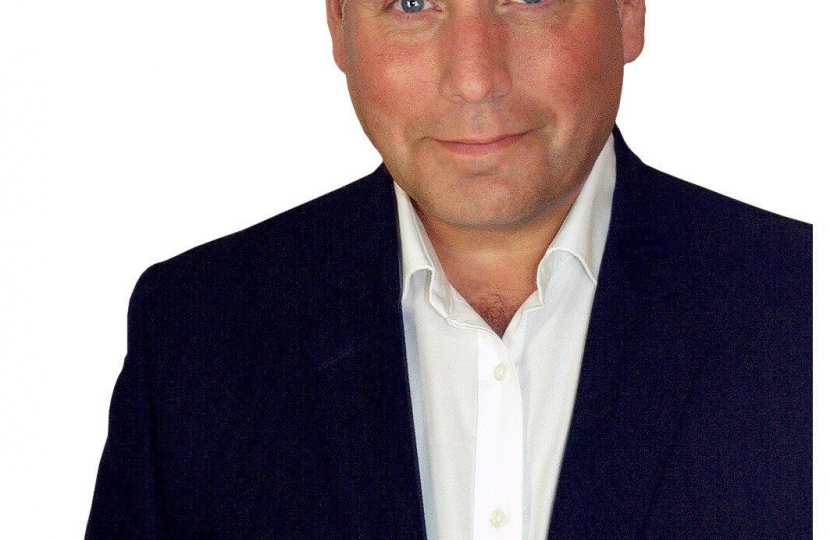
Rightly and instinctively, I'm sure you recoil from the idea of expanding the powers of the state watching over us. But when those who would do us harm are using technology to contrive their designs on us, and when the technological terrain is quickly changing, we have little choice but to continually adjust our response to those changed conditions. I must say, no doubt because of its place on my O level syllabus, I've never really enjoyed George Orwell's Nineteen Eighty-Four. And - to digress - I've always been suspicious of his nom de plume.
Why change your name from Eric Blair to George Orwell? While I can well understand, for example, a budding West Country actor abandoning the moniker Archibald Leach, why change from Blair? Unless, of course, he was being astonishingly prescient.That aside, in Nineteen Eighty-Four, Orwell bequeathed us a string of warnings, many of which have come about. The language of evasion and euphemism whereby our public health body was born as the National Institute for Clinical Excellence, or 'NICE', and – indeed – every public organisation attaches itself either to 'excellence' or being unsettlingly 'passionate' about its endeavours. All these are beautiful Orwellian touches.Then there's our daily diet of what Chomsky might call food for the masses and the Romans called 'bread and circuses' entertainment. That which has over the past century – with appalling success – encouraged the public to be complacent and content with mediocrity.And, of course, our ubiquitous CCTV cameras and screens. There's no doubt that we live willingly amongst many of the tools which Orwell viewed as oppressive.
But now we face what is commonly described as an existential threat. Now the peril from crazed jihadists makes our vigilance a necessity.When we are threatened with persistent attack, the question is not whether we should adapt our abilities to intercept such attacks. No, if we are to maintain the same level of security as technology develops, we have little choice but to readjust our capabilities.So the question becomes how and to what degree we maintain the equilibrium in terms of technology as it keeps diversifying, and in terms of threats as they keep growing. I shared the unease of many people on all sides of the debate about the Investigatory Powers Bill which came before Parliament last year, but – again like others from every party – I've been enormously reassured by the reaction to that concern and its subsequent changes.The Bill, now in parliamentary Committee Stage, has scores of additional protection for the man or woman on the Somerset omnibus.The creator of England's first systematic intelligence services, Sir Francis Walsingham wrote, "There is nothing more dangerous than security." However uneasy we may feel about security, that does not compare to the infinitely greater unease we ought to feel about our intelligence agencies being unable to use those tools to keep us safe.
When the asymmetry between the state and the threats it faces is more apparent than ever, the arguments start looking pretty convincing.
